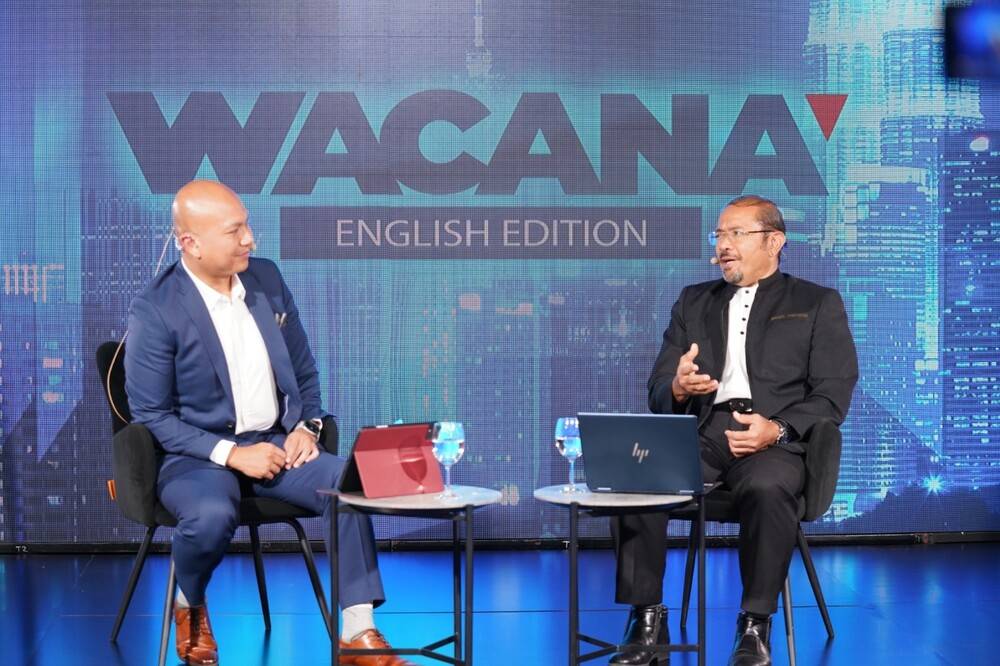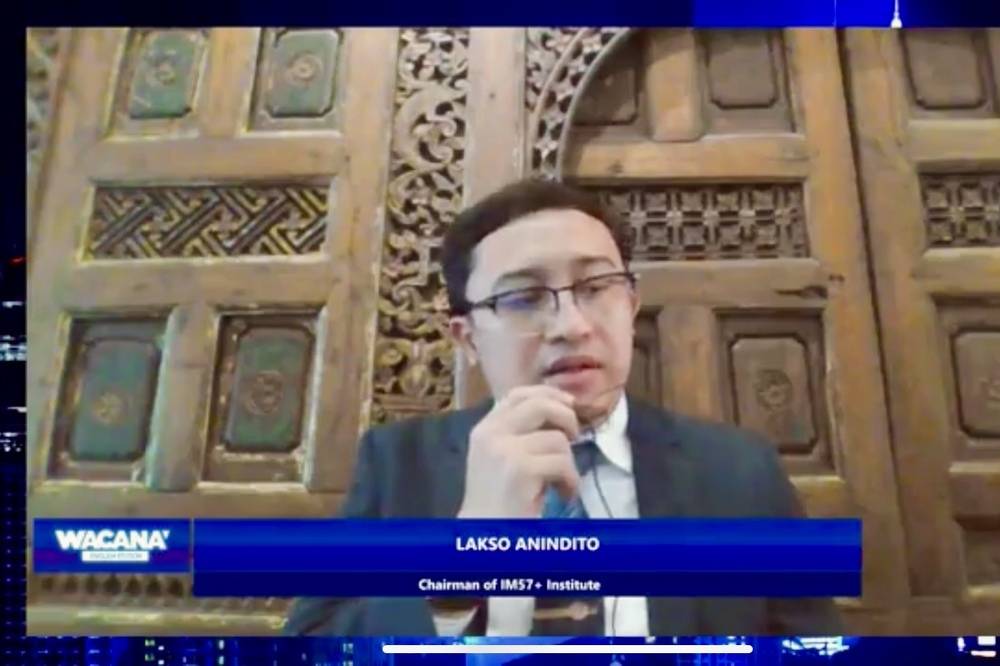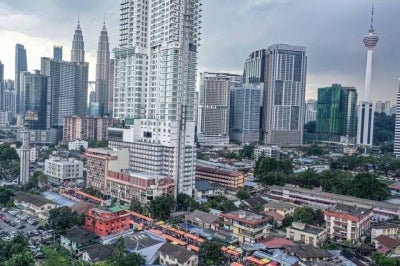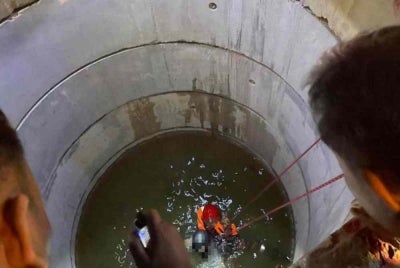Jakarta Statement revisited: Is the fight against corruption on track in Asean?
The urgency of reviving regional discussions on corruption, emphasising that the issue continues to warrant serious attention and decisive action.

SHAH ALAM - With the shadow of corruption still looming across Southeast Asia, experts are urging Asean nations to revisit the Jakarta Statement on Principles for Anti-Corruption Agencies, first introduced in November 2012.
The landmark document, co-hosted by the United Nations Development Programme (UNDP) and Indonesia’s Corruption Eradication Commission (KPK), was intended to strengthen national anti-corruption bodies by ensuring their independence, effectiveness and accountability.
Malaysian Institute of Integrity (IIM) board member Datuk Seri Mustafar Ali highlighted the urgency of reviving regional discussions on corruption, emphasising that the issue continues to warrant serious attention and decisive action.
He pointed out that a central theme of the Jakarta Statement is institutional preparedness, which involves empowering anti-corruption bodies like the Malaysian Anti-Corruption Commission (MACC), Singapore’s Corrupt Practices Investigation Bureau (CPIB) and Indonesia’s KPK to function independently and transparently, free from political pressure.
"The Jakarta Statement emphasised the importance of equipping national anti-corruption agencies to operate effectively, independently and with full accountability.
“From across Asean and beyond, participants agreed on 16 core principles essential for anti-corruption bodies to be truly effective. These principles were meant to safeguard such agencies from political interference and build public trust, which are crucial pillars of good governance and democracy.
“Without this, people might rightly question the credibility of these institutions,” he said during Sinar Daily’s Wacana titled ‘The Jakarta Statement: Asean’s Silent Revolution Against Corruption?’ at the Karangkraf Group Complex yesterday.
More than ten years on, Mustafar believed this is a critical moment to reconnect with Asean counterparts and reflect on progress made since the statement’s adoption.
"Have these principles been meaningfully adopted within their respective agencies? What challenges or shortcomings have emerged along the way?
“It is important to assess where things may have gone off track and how we can renew efforts to strengthen anti-corruption frameworks across the region.
“Ultimately, ensuring an effective, independent and accountable anti-corruption agency remains one of the most crucial priorities,” he added.

Echoing Mustafar’s sentiments, IM57+ Institute Chairman Lakso Anindito described the Jakarta Statement as a "benchmark for defining institutional independence", especially in reference to Article 36 of the Special Body for anti-corruption efforts.
He emphasised that the Jakarta Statement stands as a significant milestone in the fight against corruption, offering clarity on what independence should look like.
“However, the challenge lies not only in identifying these indicators but also in understanding the reasons behind them and how to effectively achieve them.
“The current focus is on developing practical strategies to bring the Jakarta Statement to life through collaborative efforts between the government, non-governmental organisations (NGOs) and journalism, which remains a key pillar of democracy.
“This is the purpose of our conference: to explore actionable steps forward and determine the path beyond the Jakarta Statement,” he said.
Download Sinar Daily application.Click Here!















